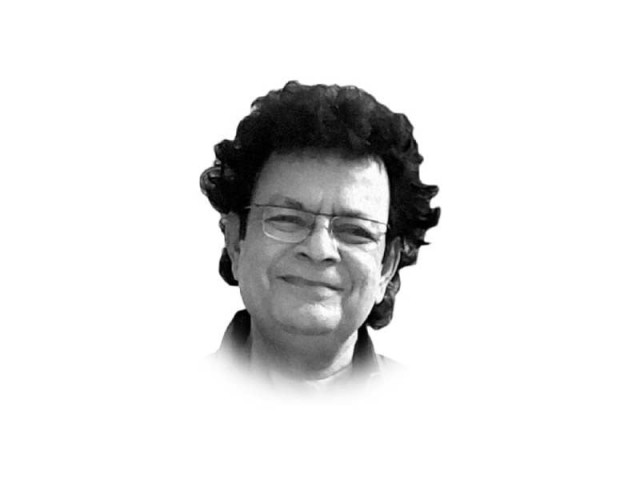Grand buildings are not built on graves
'Indian Camp' is the first story of Nobel Prize Winning Ernest Hemingway’s first collection of fiction

Post-WWI literature is deeply influenced by Freud’s psychological theories. The first example of this in American literature is Sherwood Anderson’s novel, Winesburg, Ohio, in which almost all characters are mentally ill. Also, the entire plot of the play, Strange Interlude, written by Eugene O’ Neill, is based on Freud’s theories. Most of William Faulkner characters seem to be suffering from genetic disorders. Indeed, this was a period of human helplessness in which poets above all lamented human despair and failure. TS Eliot himself measured life with coffee spoons.
Indian Camp is the first story of Nobel Prize Winning Ernest Hemingway’s first collection of fiction. It tells the story of a doctor named Adams and his son Nick Adams who got to an Indian camp in northern Michigan where he gets a child delivered by ripping a women’s stomach with a knife without anesthetising her. Her crippled husband is lying on a board against the wall. Nick who is still a young boy is helping his father. A man and three women hold that woman who gives birth to the child. When the work is finished, the doctor looks up at the board and it turns out that the husband, who had been listening to this wife’s cries for two days, had injured his head with razor.
A careful reading of this fiction reveals that Hemingway is not actually concerned with the heartbreaking events; he is more interested in the impact of these events on the little boy who witnessed it all. The fact is that these events do not seem to have any significant effect on the boy at that time. But until later, Nick proves to be a very badly wounded and senseless young man.
According to Homer, man is not made of wood or stone, but flesh of poppy on which the events happening around have a very deep impact. Sensation and feelings affect it the most; fear, suffocation, suffering, torture, darkness, injustice, and curtly do not allow him to be a normal person. Man has a tolerance limit and when it is crossed, he starts suffering from psychological disorders. And if his environment or conditions do not change for the better or deteriorate further, he becomes a total mental patient.
Today, a huge population of Pakistan is suffering from some kind of a psychological disorder. Too many around us seem to have become psychopaths. After all, for how long can people keep enduring hunger, poverty, injustices, abuses, fear, suffocations, pain and suffering! They are not made of stone or wood.
There was not as much helplessness and hopelessness in Europe after WWI as it is in Pakistan today.
Just as French author Michel Houellebecq said “it is not the future, but the past that beats you, tortures you and weakens you and kills you effectively”, we Pakistanis are all prisoners of the past — a 76-year-old past. It is the past that is slowly killing us. The foundation of our sufferings had been laid by our elite class 76 years ago, but it was implemented slowly and gradually. Anyone having the slightest doubt about it should look at the history of our country; and it will become evident how beautifully we have been rendered helpless and hopeless and made into psychopaths.
In the novel Old Goriot, one character tells another as to who can decide if the sight of dried skulls is more terrifying than of shriveled hearts. Remember, the future can never be built on disappointment, hopelessness, injustice and poverty nor can it be built by people suffering from mental illnesses. Haven’t all our dream merchants seen the faces of us Pakistanis, their sunken yellow eyes, the naked dance of horror and terror in their homes? Haven’t they ever heard their cries and laments? Can’t they feel the acid flowing inside their bodies instead of blood? Alas, they had sold the dreams of a bright future to the 240 million souls in this country, knowing full well the reality of such dreams!
Grand buildings are not built on graves, a magnificent outfit is never made from shrouds. Maya Angelou has said, “There is no greater agony than bearing an untold story inside you.”
Published in The Express Tribune, August 30th, 2023.
Like Opinion & Editorial on Facebook, follow @ETOpEd on Twitter to receive all updates on all our daily pieces.













COMMENTS
Comments are moderated and generally will be posted if they are on-topic and not abusive.
For more information, please see our Comments FAQ